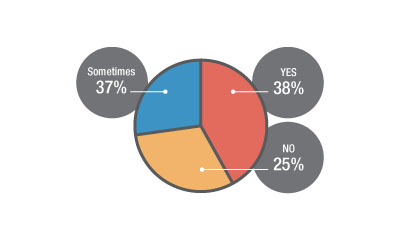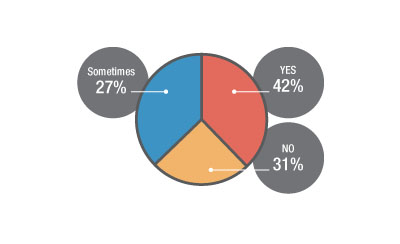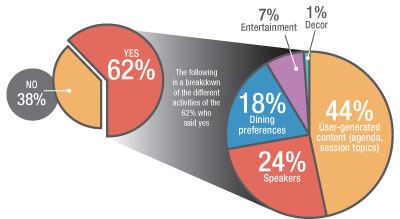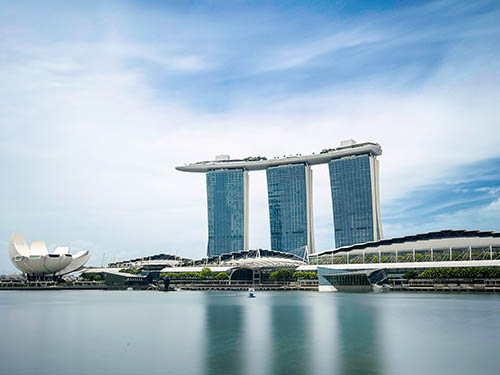An industry study has found that while personalisation is a key priority for 82 per cent of event planners, only 27 per cent consistently use it as part of the marketing efforts around their events.
The Eventsforce study, “Personalisation: Creating Tailored Event Experiences”, was based on a survey of around 160 senior event planners representing corporates, government and educational institutions, associations, PCOs and event management agencies in the US and UK.
“Personalisation is seen as one of the hottest trends in our industry this year with delegates increasingly expecting both the communication about an event and the live experience to be tailored to them in some way,” says George Sirius, Eventsforce CEO.
“The study reveals how important the issue has become in the industry, what event planners are doing, and some of the most common barriers to personalisation.”
According to the results, an overwhelming 97 per cent of event planners believe personalisation can change a delegate’s perception of their brand or event, but 60 per cent feel the biggest obstacles are time and lack of resources.
Almost half the respondents feel creating personalised attendee experiences is too costly, while 38 per cent believe a lack of technology that enables personalisation is also an issue. Thirty one per cent think the data they have on their delegates isn’t accurate enough to effectively personalise event experiences.
Successful personalisation entails delivering content, offers, experiences and networking opportunities based on what event planners already know about their delegates. The study found that 75 per cent of event planners break down their delegates into categories (event goals, job titles, previous session selections and company size) when deciding on marketing activities around their events.
It also revealed that almost 70 per cent use delegate data from their CRM or marketing systems to create more personalised content around their events, while 62 per cent use crowdsourcing tools to determine things like agendas and session topics (44 per cent), speakers (24 per cent) and
dining preferences (18 per cent).
When asked about the different marketing tools used to tailor delegate experiences, personalised links within email communications came top at 68 per cent, followed by unique registration paths for different attendee categories at 57 per cent.
What does your delegate want?
Successful personalisation entails delivering content, experiences and networking opportunities based on what event planners already know about their delegates.
Do you break down your delegates into categories (event goals, job titles, session selections, company size) when deciding on marketing activities around your events?

Do you use delegate data from your organisation’s other business systems (CRM, marketing, membership) to create more personalised content around your events?

Have you used crowdsourcing tools with your delegates to determine things like user-generated content, speakers, dining and decor?

Which marketing tools help personalisation?
There are a number of ways event planners can personalise the delegate experience prior to an event – from personalised email communications and registration forms to web content and apps.
Which of these marketing tools do you use to personalise delegate experiences around your events?
– Personalised links within email communications: 68 per cent
– Unique registration paths for different delegate types: 57 per cent
– Personalised content as part of outreach campaign (emails, updates, educational content): 38 per cent
– Offine tools like direct mailers, letters: 32 per cent
– Personalised web content: 21 per cent
– Delegate networking tools: 19.5 per cent
– Event apps tailored to different audiences (VIPs, exhibitors, sponsors, attendees): 19.5 per cent
– Multilingual event websites: 16 per cent
– Other: 4 per cent
Source: Eventsforce


